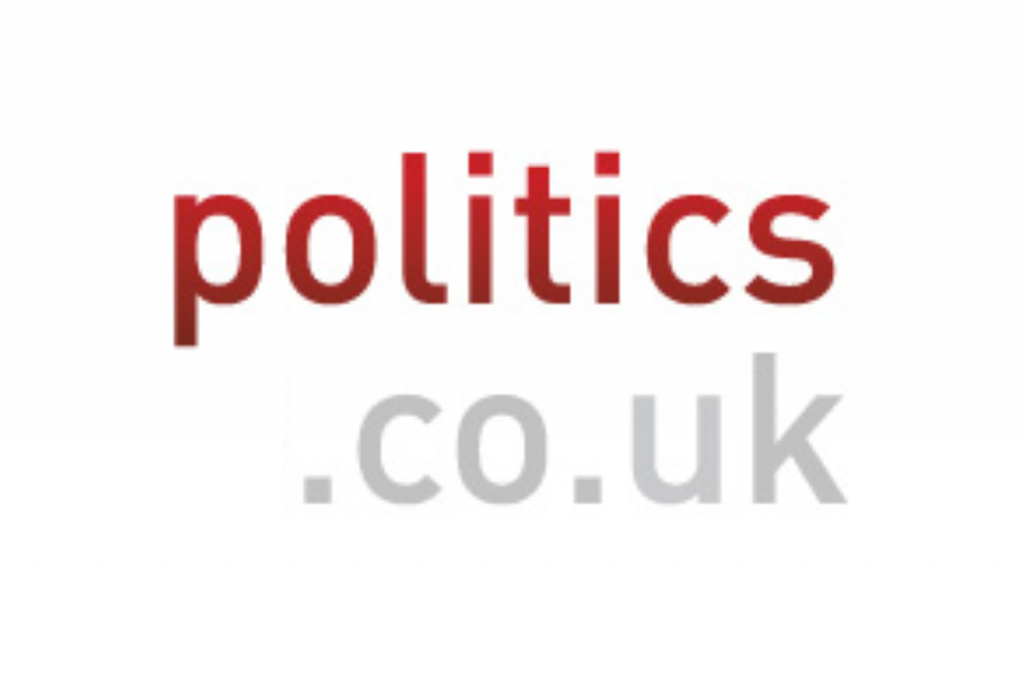Blair heads to Beijing for trade talks
Prime Minister Tony Blair will fly to Beijing today for a European Union-China summit, with the so-called ‘bra wars’ trade dispute likely to top the agenda when he meets Chinese premier Wen Jiabao and business leaders on Monday.
The textiles row has left around 75 million Chinese-manufactured garments, including bras and pullovers, stockpiled in EU ports after China exceeded textile import quotas.
Some retailers have warned that unless the dispute is resolved, there could be a resulting shortage of clothes in the shops, with prices likely to rise.
President of the European Commission Jose Manuel Barroso and the EU’s Trade Commissioner, Peter Mandelson, will join Mr Blair for the Beijing talks, as they try to seek a solution to the row.


Mr Mandelson has argued that the bulk of garments currently in storage were ordered before June’s agreement on 2005 import quotas came into force and has urged European member states to accept his proposals for releasing the goods.
Speaking on Sunday, Mr Barroso said he was confident that initial talks between Mr Mandelson and Chinese commerce minister Bo Xilai would end in agreement. It is hoped that objections made by EU textile-producing countries in regard to the trade commissioner’s plans to end the dispute will be overcome.
“The goods will not be held up for a moment longer than we can avoid,” Mr Barroso told reporters.
Talks between the EU and China on climate change and trade will continue on Tuesday, before Mr Blair flies to New Delhi for an EU-India summit on Wednesday and Thursday.
Britain, which currently holds the EU’s rotating presidency, will also lead the Indian summit, with Mr Blair chairing talks that are expected to see the unveiling of a plan to improve economic cooperation between India and Europe.
The agreement is also likely to detail how India and the EU can promote development and environmental protection.
Commenting ahead of the visits to the two emerging economic powerhouses, Mr Blair’s spokesman said: “It is about seeing for himself the reality of globalisation and how their economies are transforming.”

